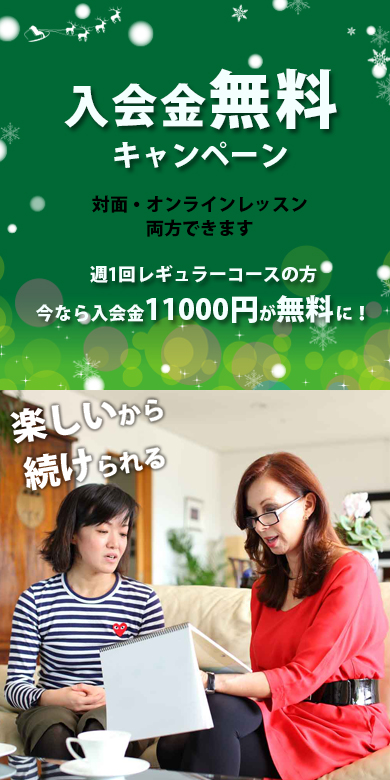“ごちそうさま”は英語で?
091113.mp3 (2分48秒)
 「いただきます」に直接該当する英語は無いといわれます。では「ご馳走様」はどうでしょう?映画「レミーのおいしいレストラン」の一シーンです。料理に満足した料理評論家は、こういってテーブルをたちます。
「いただきます」に直接該当する英語は無いといわれます。では「ご馳走様」はどうでしょう?映画「レミーのおいしいレストラン」の一シーンです。料理に満足した料理評論家は、こういってテーブルをたちます。
Thank you for the meal.
さて、これは、日本語でご馳走様という時に使っても良い表現なのでしょうか?ダイアン先生(ETCマンツーマン英会話)に質問をしてみました。
■出演
・ダイアン先生(ETCマンツーマン英会話)
■聞き手
・青樹洋文
◆関連リンク
レミーのおいしいレストラン
Thank you for the meal So we don’t have an exact translation for いただきます or ごちそうさま. So when you say ごちそうさま at the end of the dinner, we just simply make a compliment. Some people will say, “Oh, that soup was delicious, thank you”. And we just say, we give a compliment and say thank you, usually.
Ego said that thank you for the meal .Maybe this is not the meaning of ごちそうさま in Japanese.
Well it is the same. I think it is almost the same as ごちそうさま and also both meanings, thank you for cooking and serving me the meal. I think this is at the end when he is tasting the food and he just stands up. And everybody is worried about what he will write, the criticism that he will write. But he doesn’t say anything and he stands up and says thank you for the meal. He made no comment at that time. In that case, yes it means ごちそうさま、or ありがとうございました simply. Yeah.
Q: Can I use this phrase for after the dinner.
Yes, yes of course. I use this often. Thank you for the meal. Especially, when you, not at your home, but when you go to somebody’s house. You are invited to dinner. Then you make a compliment and you say thank you to the host or hostess of the party.
People usually add something. “That turkey was very good. Yeah thank you for the meal. Thank you for inviting us”.
◆使用楽曲 (BGM)
“Soft” of TON from jamendo


















